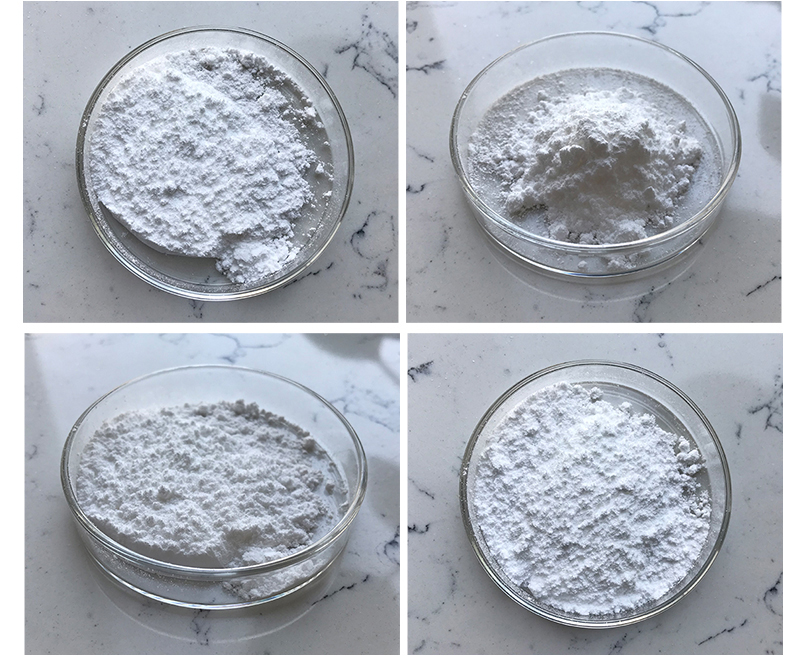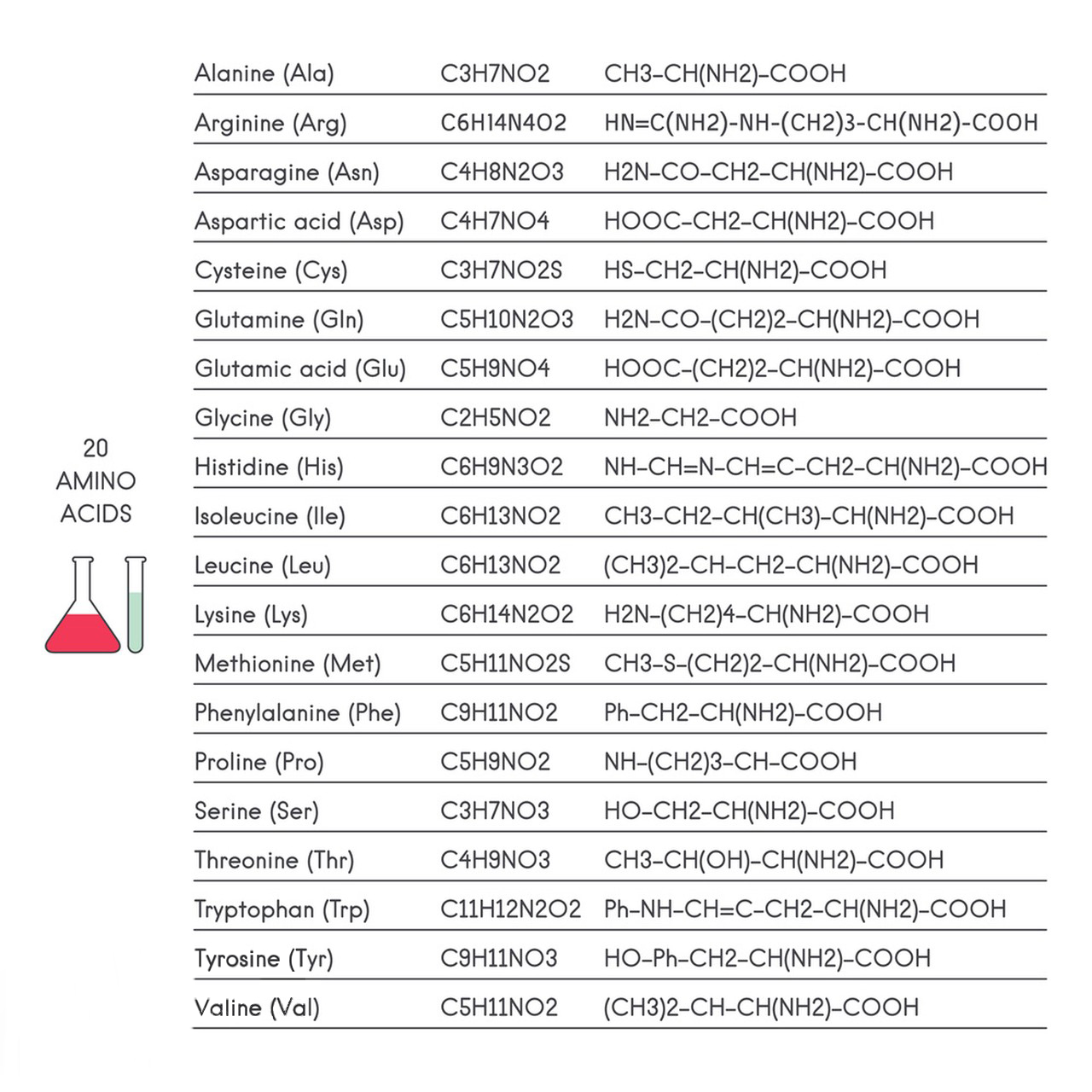L-Arginine is an amino acid that plays several important roles in the human body. It is a semi-essential amino acid, which means that the body can produce it, but under certain conditions, its dietary intake may be necessary. Here are some of the key applications of L-arginine:
Nitric Oxide Production: L-arginine is a precursor to nitric oxide (NO), a molecule that helps relax and dilate blood vessels. This can lead to improved blood flow, which is important for cardiovascular health. It’s often used as a supplement to support conditions like hypertension (high blood pressure) and erectile dysfunction.
Exercise Performance: Some athletes and bodybuilders take L-arginine supplements to enhance blood flow to muscles during exercise. This can potentially improve exercise performance and reduce fatigue.

Wound Healing: L-Arginine is involved in the formation of collagen, a protein important for wound healing. It may be used topically or as a supplement to support the healing process.
Immune Function: L-arginine plays a role in the immune system. It is involved in the production of white blood cells and immune response regulation. Some studies suggest it may support immune function, but more research is needed in this area.
Cardiovascular Health: L-arginine may help reduce the risk of heart disease by promoting healthy blood vessel function, lowering blood pressure, and reducing inflammation.
Erectile Dysfunction: Due to its role in increasing blood flow, L-arginine has been studied as a potential treatment for erectile dysfunction, often in combination with other supplements.
Kidney Health: L-Arginine may be used in the management of certain kidney diseases, particularly those associated with high blood pressure. It can help relax blood vessels in the kidneys and improve blood flow.
Fertility: Some men take L-arginine supplements to support sperm production and improve fertility.
Neurological Health: There is ongoing research into the potential use of L-arginine in the treatment of certain neurological conditions, such as Alzheimer’s disease and migraine headaches. However, more research is needed in these areas.
It’s important to note that while L-arginine supplements can have potential benefits, they should be used with caution and under the guidance of a healthcare professional. High doses of L-arginine can lead to side effects, including gastrointestinal issues. Additionally, individuals with certain medical conditions, such as herpes, should avoid high-dose L-arginine supplements as they can trigger outbreaks.
As with any supplement or medication, it’s crucial to consult with a healthcare provider before starting L-arginine supplementation, especially if you have underlying health conditions or are taking other medications. The appropriate dosage and use should be determined based on individual health needs.
Adverse effects of L-Arginine
L-Arginine is an amino acid that plays a crucial role in various physiological processes in the body, including the production of nitric oxide, which helps relax blood vessels and improve blood flow. It is commonly used as a dietary supplement for various purposes, such as improving athletic performance, treating erectile dysfunction, and supporting cardiovascular health. While L-Arginine is generally considered safe when taken at recommended doses, it can have some adverse effects in certain individuals:
Gastrointestinal Issues: Some people may experience mild gastrointestinal side effects such as diarrhea, nausea, and abdominal pain when taking L-Arginine supplements. These symptoms are more likely to occur at higher doses.
Allergic Reactions: Allergic reactions to L-Arginine supplements are rare but possible. Symptoms can include itching, rash, hives, swelling, and difficulty breathing. If you experience any of these symptoms, seek immediate medical attention.
Low Blood Pressure: L-Arginine can cause blood vessels to relax, leading to a drop in blood pressure. While this can be beneficial for people with hypertension (high blood pressure), it may cause dizziness or lightheadedness in some individuals, especially when taken in high doses or in combination with medications that lower blood pressure.
Aggravation of Herpes Outbreaks: L-Arginine can stimulate the replication of the herpes simplex virus (HSV), which can lead to outbreaks of cold sores or genital herpes in individuals who are prone to these infections. People with a history of herpes outbreaks may want to use L-Arginine supplements cautiously or avoid them altogether.

Interactions with Medications: L-Arginine may interact with certain medications, including those for blood pressure, diabetes, and blood-thinning medications. It’s important to consult with a healthcare provider before taking L-Arginine if you are taking any prescription medications.
Potential for Excess Nitric Oxide: In some cases, excessive consumption of L-Arginine supplements can lead to an overproduction of nitric oxide, which may cause symptoms such as headaches, flushing, and an irregular heartbeat.
Risk for Certain Medical Conditions: L-Arginine may worsen certain medical conditions, such as asthma, as it can increase levels of nitric oxide, which may trigger bronchospasms in some individuals.
It’s essential to follow recommended dosage guidelines when taking L-Arginine supplements and consult with a healthcare professional, particularly if you have pre-existing medical conditions or are taking medications. They can help you determine the appropriate dosage and monitor for any adverse effects or interactions with other drugs you may be taking. Always prioritize a balanced diet and consult your healthcare provider before starting any new supplement regimen.
